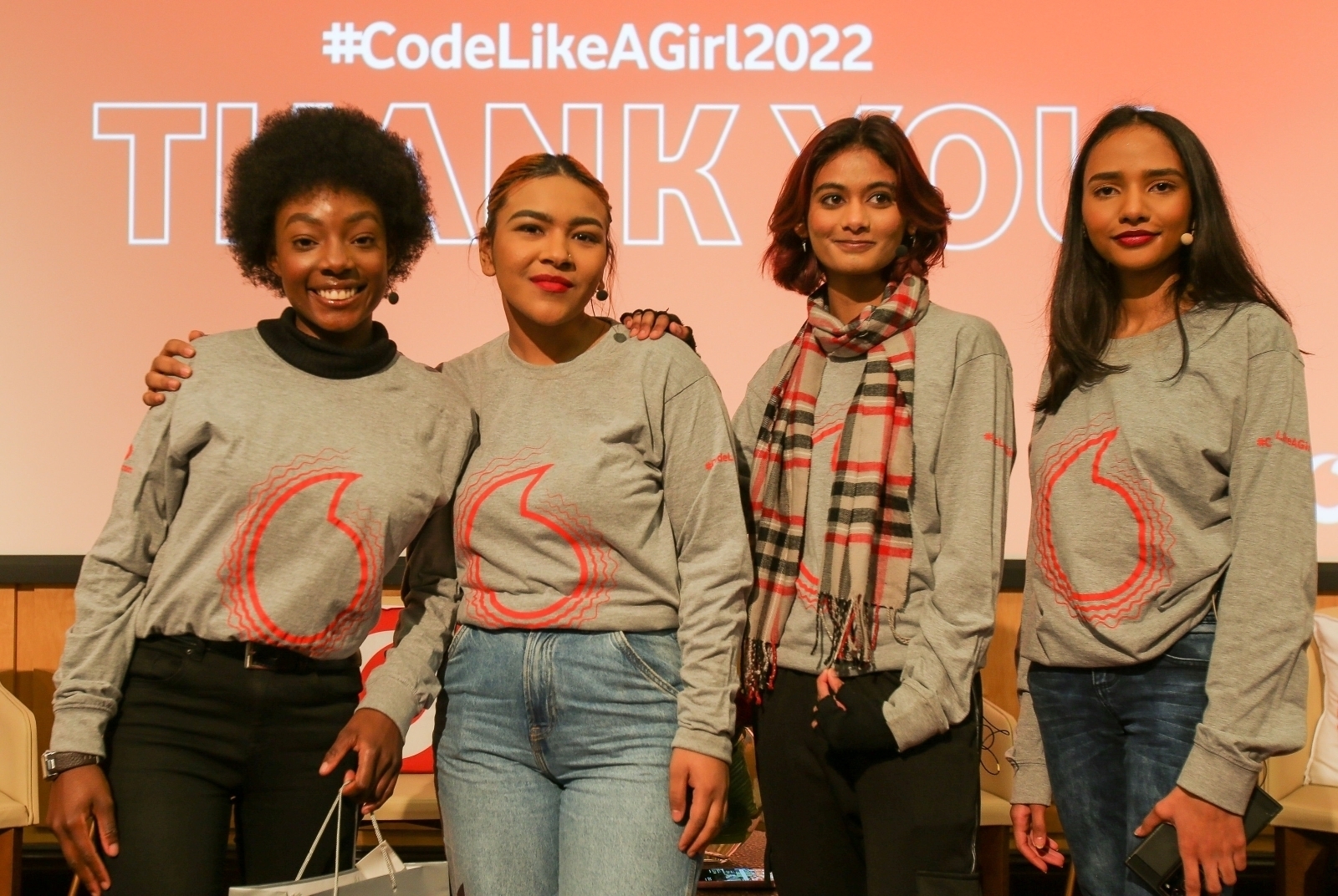Vodacom has been supplying South African students with bursaries across the STEM board since 2014. To date, the mobile operator has sponsored 900 students in the field and has officially confirmed that it is taking applications for the 2024 calendar year.
Njabulo Mashigo, Vodacom’s human resource director said,
“STEM is critical to our sustainable development as a country and a continent, but we are still facing challenges in developing a pipeline of talent that has the relevant skills needed now and into the future. At Vodacom, we are aiming to expand opportunities in STEM through initiatives like our merit bursary programme, which increase young people’s participation in STEM and change lives for the better.”
Have you got what it takes to study in STEM?
The programme is open to full-time first, second and third-year undergraduate students looking to begin or further their study in STEM fields, with Vodacom considering the applicant’s academic merit and financial situation for the 2024 bursaries.
Those that are awarded a bursary will have their school fees, accommodation and tertiary materials covered. Additionally, each student will receive a cellphone, laptop and “workplace readiness training” from Vodacom.
Read More: Vodacom Business hopes to help South African businesses solve problems they face
Over the years the operator’s bursary programme has managed to grow significantly. 2023 saw over 4,000 students apply, with a larger share of valid students being awarded the bursary. It’s likely that trend will continue for the 2024 applications, with Vodacom potentially handing out more bursaries this time around.
You’ll have until 31 August to get your application in, which can be done here, or else you’ll have to wait a full year to apply again. What are you waiting for?
Coding like a girl

We also got wind of Vodacom’s #CodeLikeAGirl initiative, which added more than 1,500 young girls to its ranks in the last year, bringing the total up to 4,000 girls trained in the ways of coding – in the hopes of instilling a desire to pursue the field.
“As we strive to empower youth with digital skills, we must acknowledge that there lies a divide in the STEM industry, with women and young people from disadvantaged backgrounds under-represented. Our STEM programmes aim to address this gap and ensure no one is left behind,” says Mashigo.




